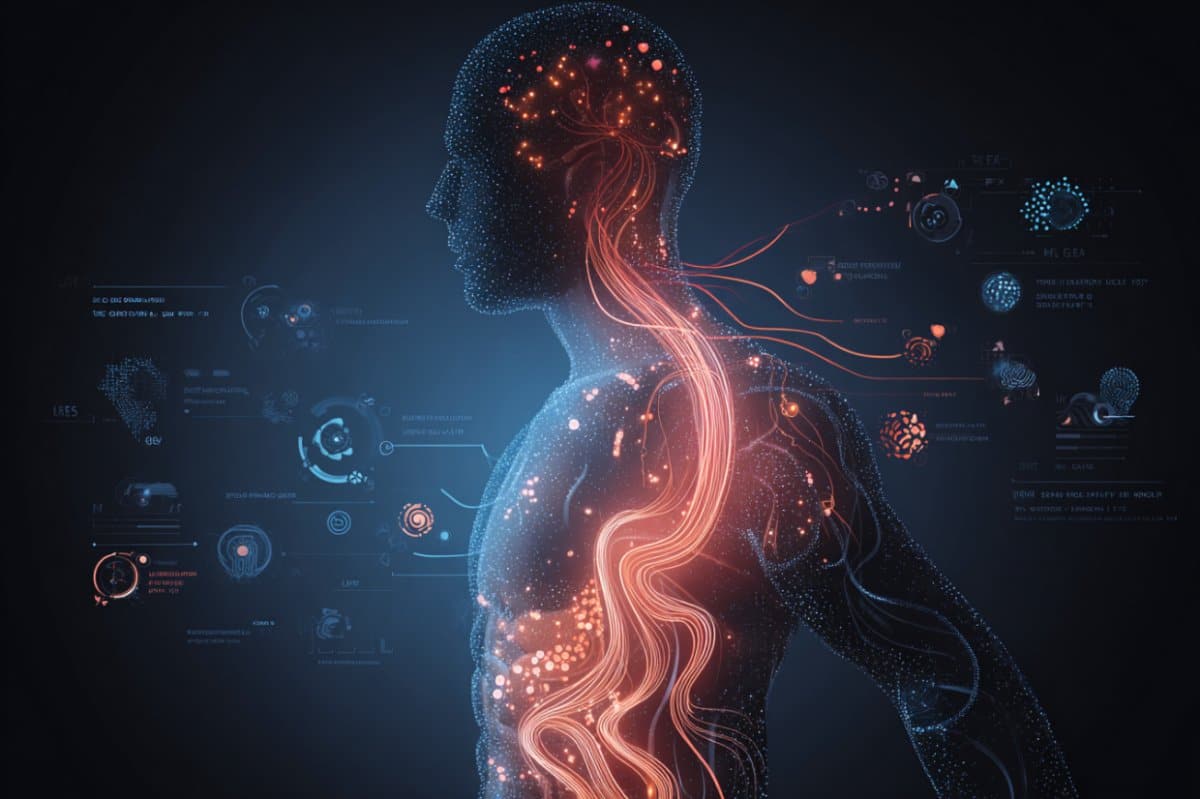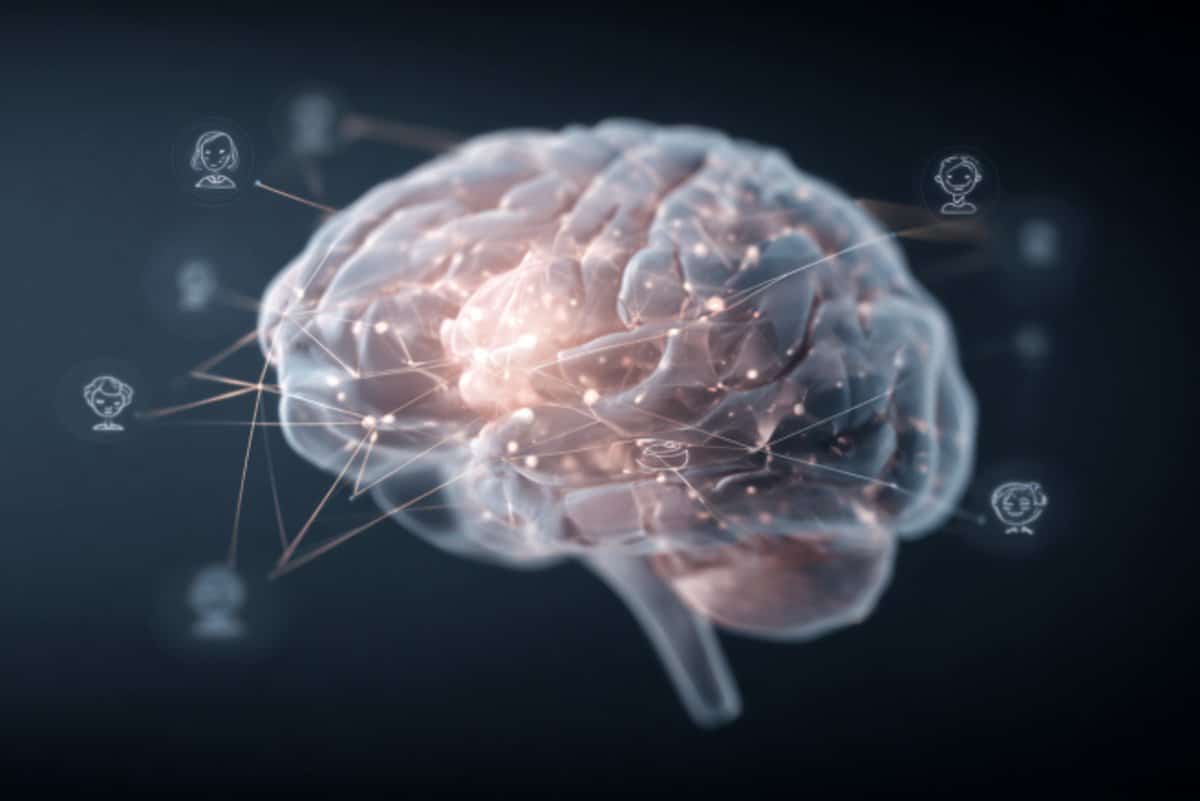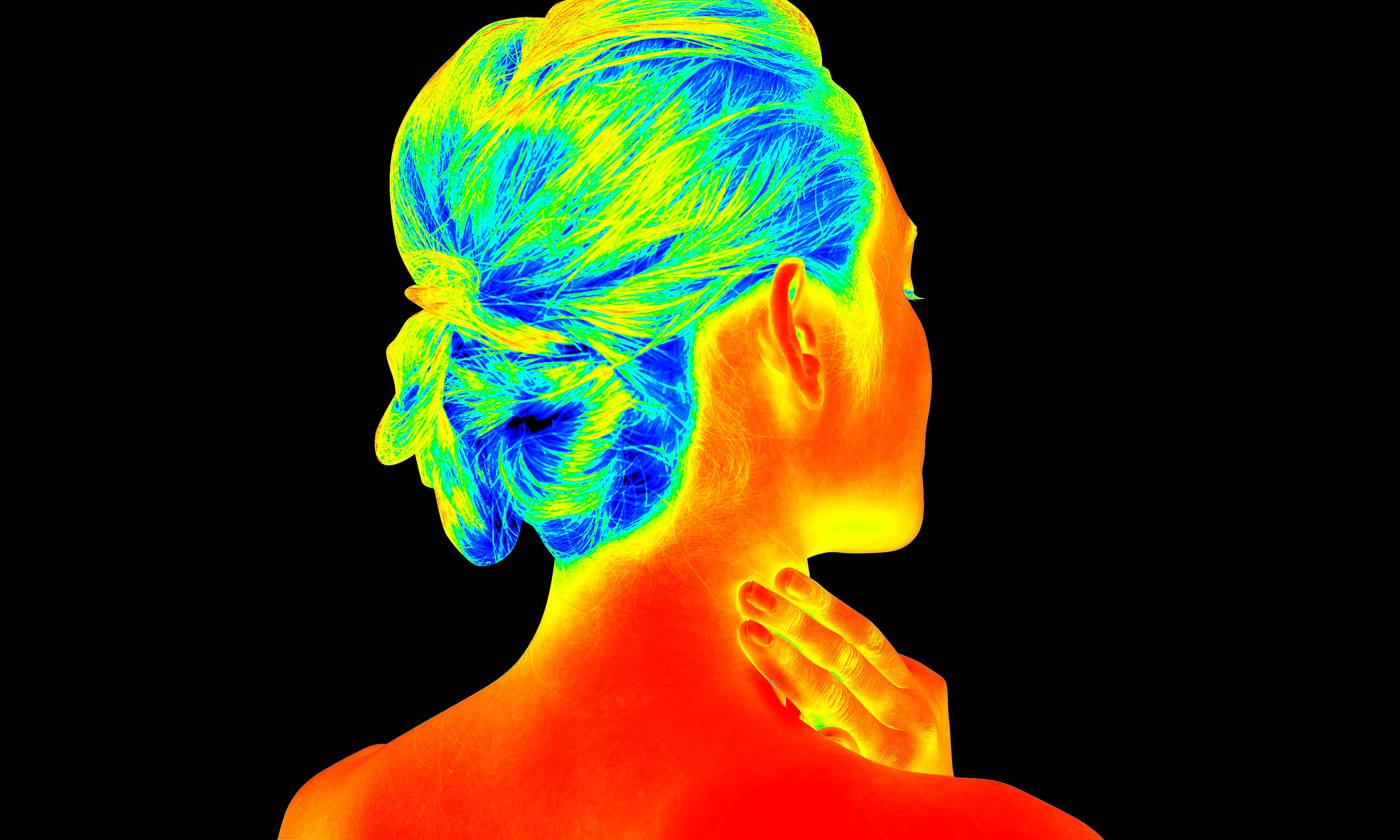T4K3.news
New study uncovers sleep's mitochondrial links
Researchers discover how mitochondria in neurons regulate the need for sleep.

Recent research uncovers how mitochondria in neurons influence sleep patterns and potential treatments.
New findings reveal mitochondria's role in sleep regulation
Recent studies have unveiled a surprising discovery about sleep regulation. Researchers at the University of Oxford demonstrated that mitochondria, the energy-producing structures in cells, play a crucial role in sleep initiation. This research, conducted on fruit flies, shows that these organelles track energy stress and induce sleep when the need arises. After extended wakefulness, specific sleep-inducing neurons activate mitochondrial respiration, suggesting that energy imbalances signal the body to rest. This insight opens the door to new treatments for sleep disorders, as effective therapies could potentially target mitochondrial functions.
Key Takeaways
"The sleep homeostat is actually looking at its own mitochondria to estimate the need for sleep."
This illustrates how our body's cellular processes further strengthen the link between energy storage and sleep.
"Keeping animals awake itself may add stress unrelated to natural wakefulness."
This quote emphasizes the potential physiological impacts of artificial wakefulness beyond usual fatigue.
The discovery highlights a paradigm shift in our understanding of sleep and its physiological mechanisms. Rather than being a passive state, sleep appears to be an active process controlled by mitochondrial health. This revelation is essential not only for its implications regarding sleep disturbances but also for understanding overall metabolic health. The potential to develop interventions that improve mitochondrial function may lead to innovative therapies for millions suffering from sleep-related issues, transforming the approach to sleep medicine. The findings call for further exploration into mitochondrial dynamics as a promising avenue for clinical application.
Highlights
- Mitochondria may be the brain's ultimate sleep regulators.
- This study opens doors for new sleep treatments targeting cell energy.
- Sleep is not just downtime; it's an active rebuilding phase.
- Improving mitochondrial function could revolutionize sleep medicine.
Potential risks in sleep research funding
Research focusing on mitochondrial functions may create shifts in funding and priorities for sleep studies, raising concerns about resource allocation in health research.
The implications of this study could reshape how we view sleep and its importance in health.
Enjoyed this? Let your friends know!
Related News

Oxford researchers discover why we need sleep

Study Links Gut Health to Chronic Fatigue and Long COVID

New study links sleep quality to heart disease in women

New study highlights brain's role in social emotions

Research links bright night lights to heart issues

Study Reveals Cellular Mechanism for Sleep Regulation

New study links disrupted sleep to dementia risk

Study reveals link between body temperature and depression
